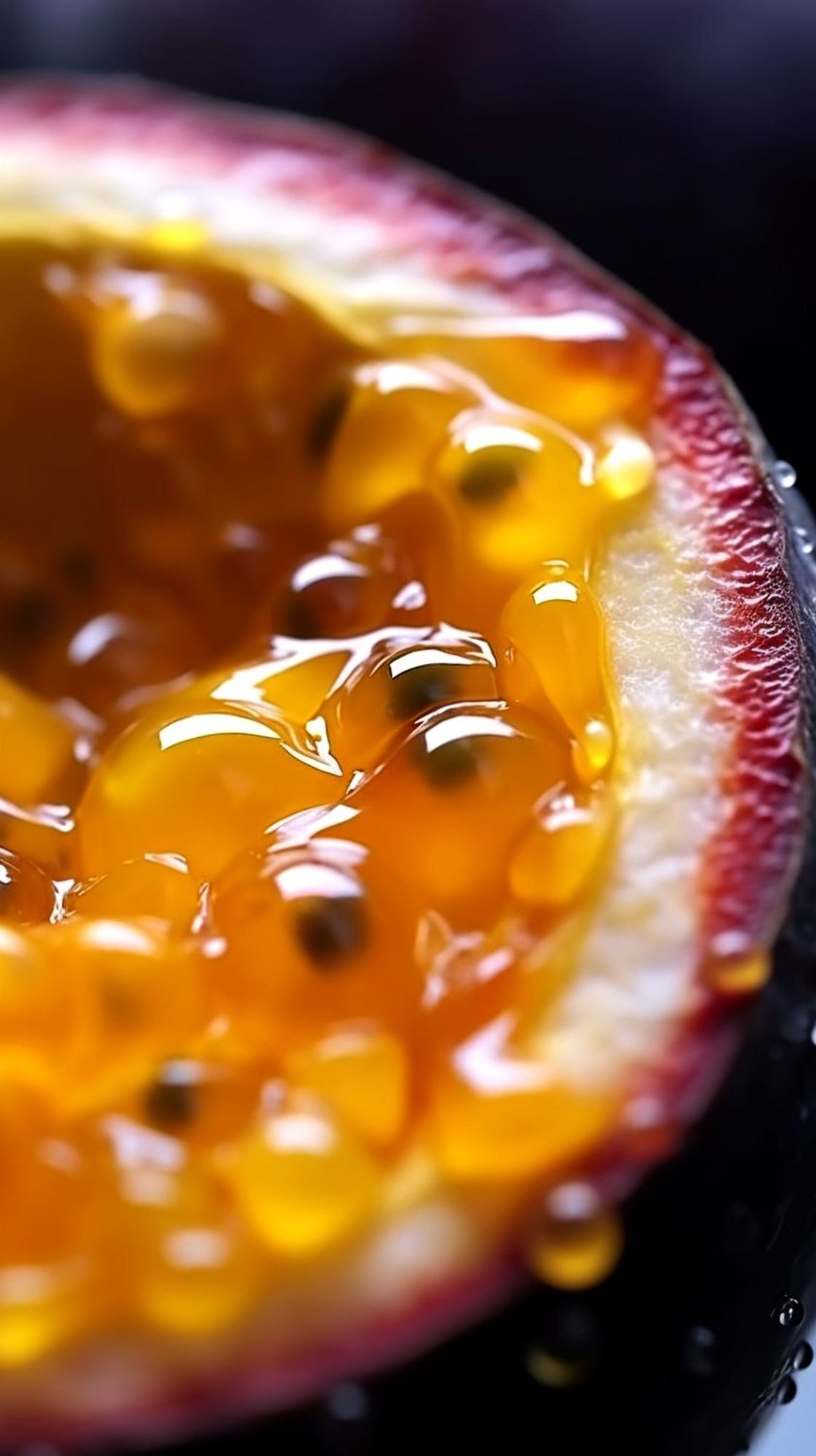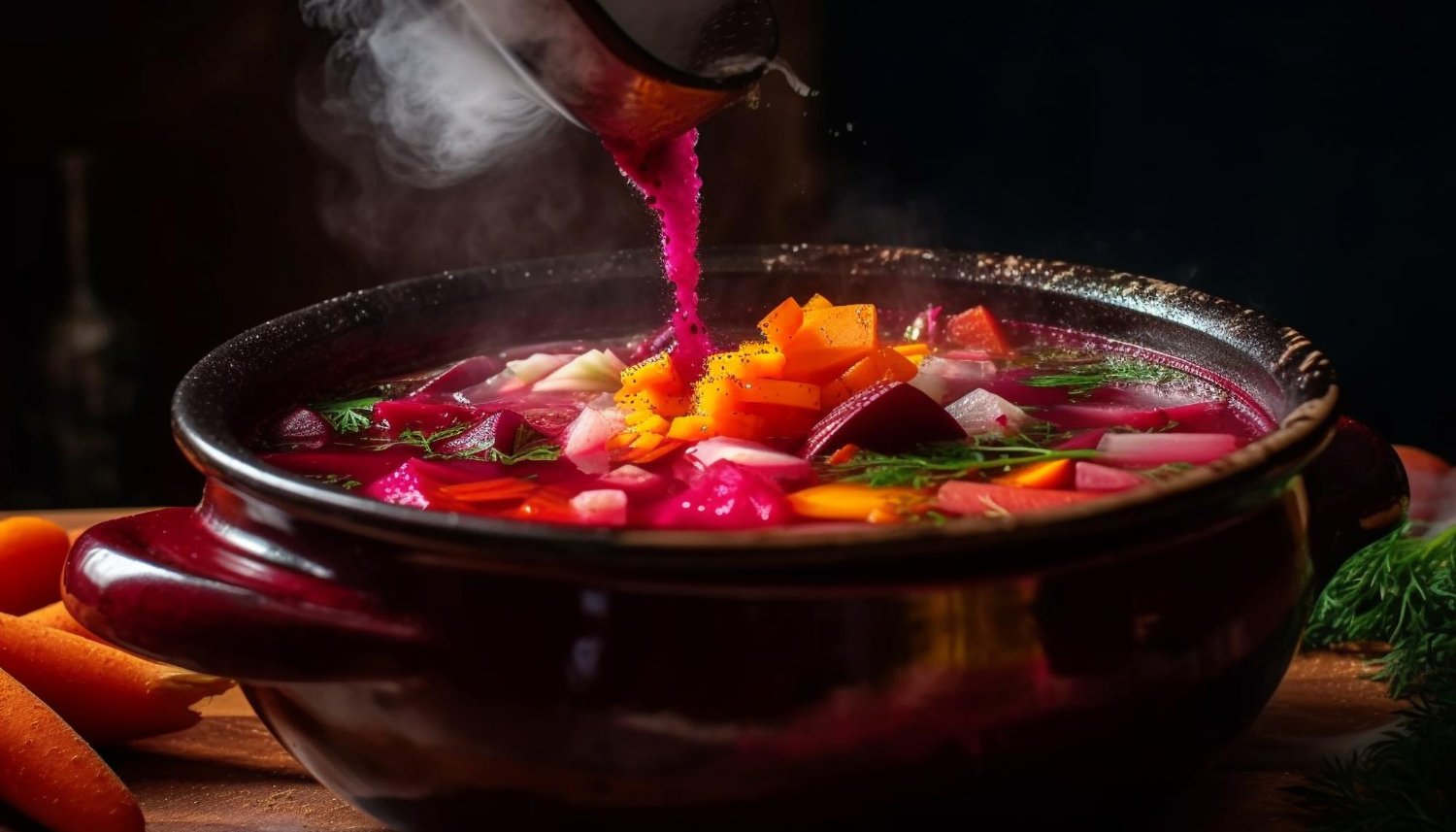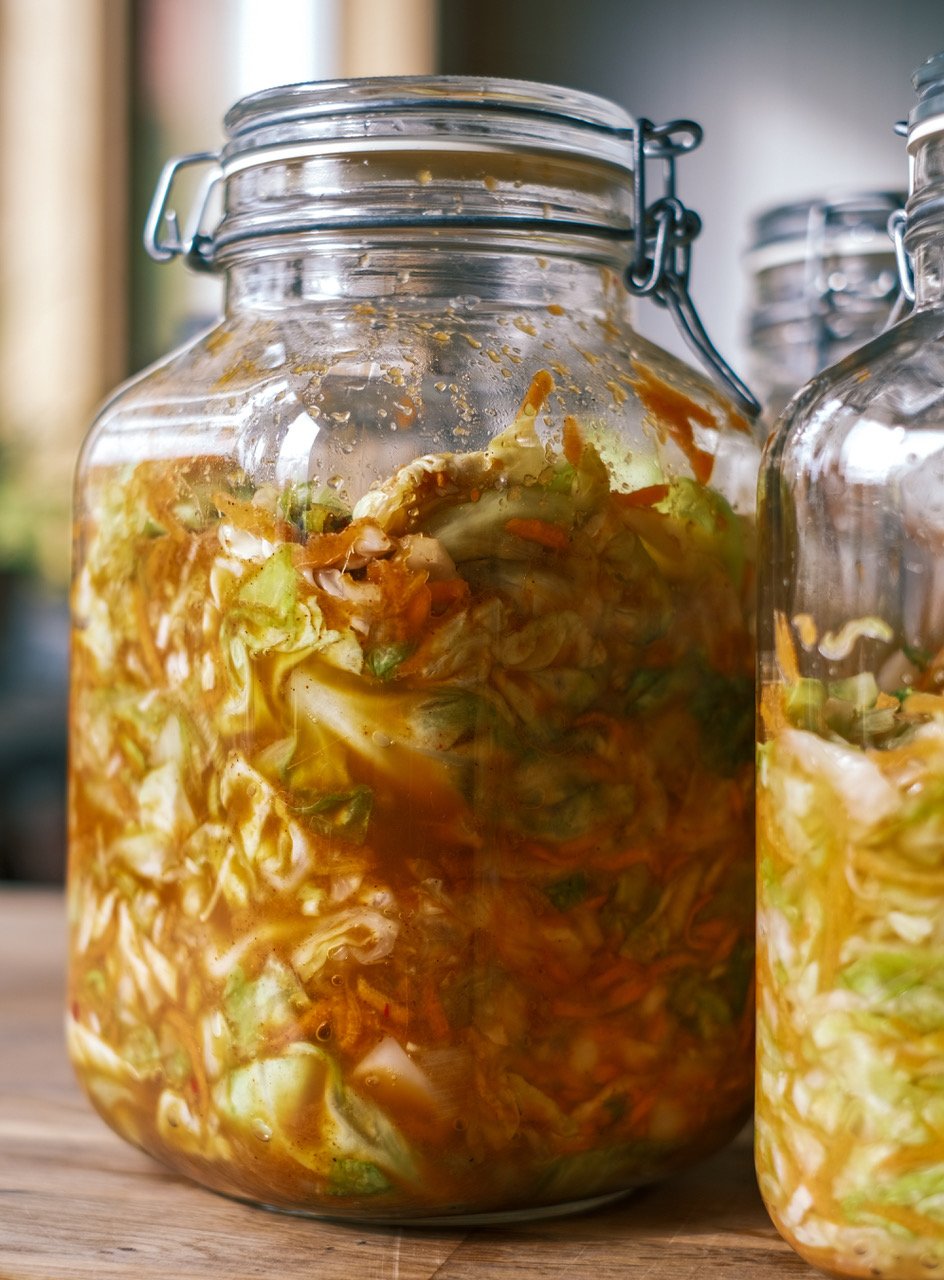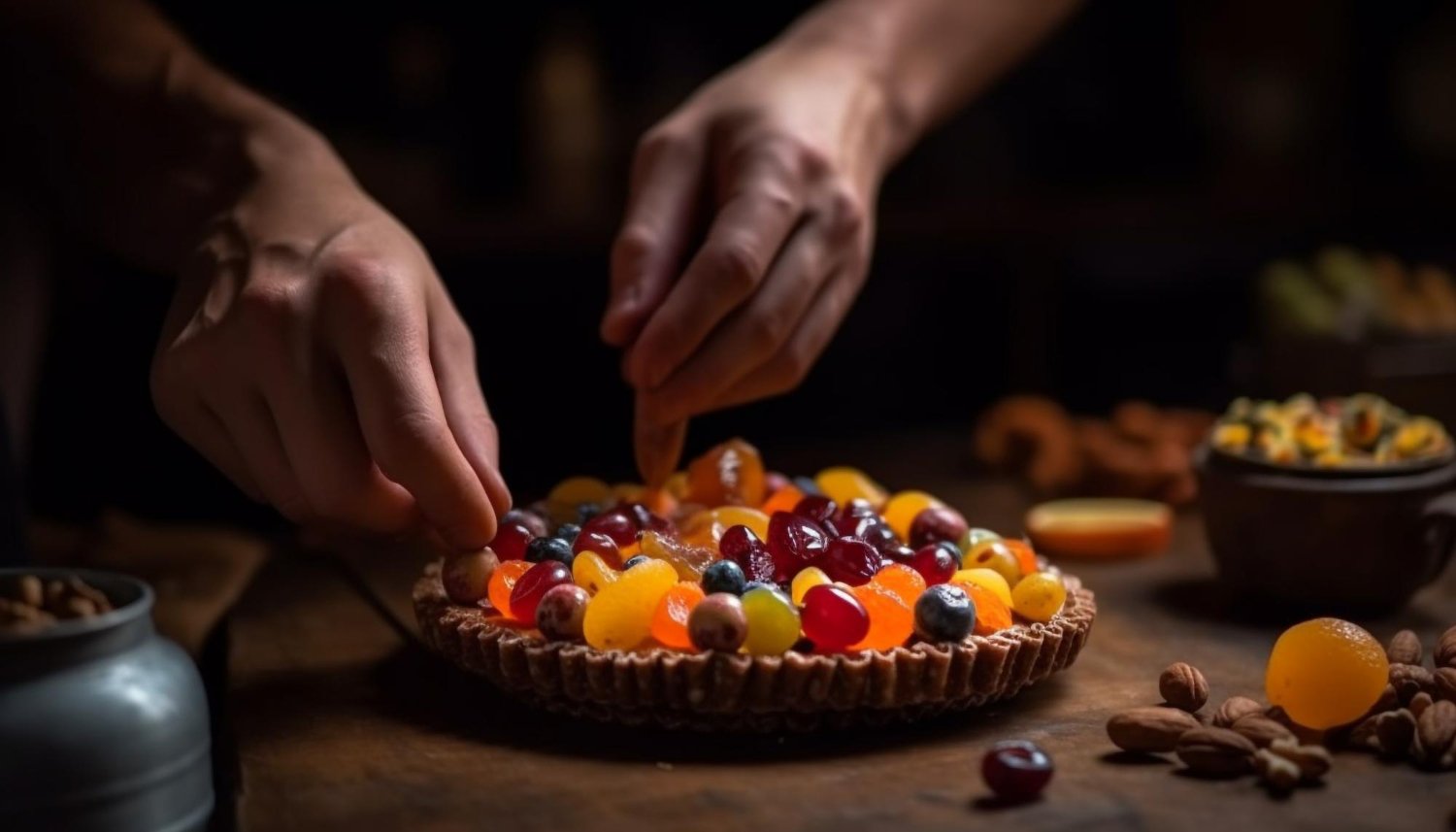The essence of time: unveiling its role in flavour development, settling, fermentation, maturation and aging
BY ADAM MOORE
Chef Adam Moore
Flavour, that exquisite symphony of tastes and aromas that dance upon our tastebuds, is a sensation that transcends mere gustatory pleasure. It is an intricate and multifaceted sensation and dimension that owes much of its depth and complexity to an often underestimated ingredient: time. Time is not only a fundamental unit of existence but also a key player in the captivating process of flavour development, settling, fermentation, maturation, and aging.
Flavour development: a gradual evolution
Imagine savouring a perfectly ripe piece of fruit. The initial burst of sweetness gives way to subtler notes, creating a harmonious blend of flavours. This intricate interplay between different taste elements and aromatic compounds results from a gradual flavour development process, where time plays a pivotal role.
As fruits ripen, enzymes break down complex carbohydrates into simpler sugars, transforming the fruit's flavour profile. The same occurs when you want to increase this process by adding salt to the fruit. It accelerates the breaking down of the sugars, making it sweeter. Similarly, vegetables undergo chemical transformations that form new aromatic compounds, enhancing their taste and aroma. The influence of time in this process is evident in the nuanced layers of flavour that develop as these natural ingredients evolve.
Settling: allowing flavours to coalesce
Consider a pot of stew simmering on the stove. Initially, the ingredients retain their distinct flavours, but as the stew simmers, the flavours meld and marry, creating a rich and harmonious taste. This settling process requires time for the various components to interact and integrate.
Just as flavours need time to settle in a stew, culinary creations such as soups, sauces, and even beverages benefit from the interplay of flavours over time. The mingling of herbs, spices, and other ingredients allows for the development a well-rounded flavour profile that is more than the sum of its parts. Hence, why Spaghetti Bolognese or savoury mince always tastes better the next day
Fermentation: transforming complexity through time
Fermentation, a natural biochemical process, is a transformative journey that relies heavily on time. Foods such as cheese, yogurt, kimchi, and pickles owe their unique flavours and textures to the actions of microbes over time. During fermentation, microorganisms break down carbohydrates and proteins, creating new compounds that contribute to these foods' characteristic tangy, savoury, or aromatic flavours.
The fermentation process can be fine-tuned by adjusting factors like temperature, humidity, and time, leading to a wide array of flavours. Time allows these microorganisms to flourish and create a tapestry of flavours that delight the senses.
Maturation and aging: refining complexity
Aging is not just a phenomenon confined to wines and spirits; it is a crucial aspect of flavour development across various culinary domains. Whether it's cheese aging in a cave, steak undergoing dry aging, or balsamic vinegar maturing in a wooden barrel, the passage of time imparts transformative changes.
During maturation and aging, enzymes and chemical reactions modify the composition of foods and beverages. This leads to the breakdown of proteins, fats, and carbohydrates, resulting in enhanced flavours, textures, and aromas. The intricate interplay of time and environmental conditions in controlled aging processes contributes to the exquisite flavours found in aged wines, cured meats, and aged cheeses.
The patience of palate: embracing the role of time
In a world where fast-paced lifestyles often dictate our choices, embracing the role of time in flavour development, settling, fermentation, maturation, and aging becomes an act of culinary mindfulness. By allowing foods and beverages the time they need to evolve and mature, we open ourselves up to a realm of nuanced flavours and aromatic delights that can't be rushed.
From the sweetness of a ripened fruit to the complexity of aged wine, the symphony of flavours we experience is a testament to the power of time. As we savour each bite and sip, let us remember that patience is not just a virtue but an essential ingredient in the art of flavour creation.
So, when creating your following menu, consider how to use the secret ingredient of Time to improve your flavours or give you more depth or varied tastes.







